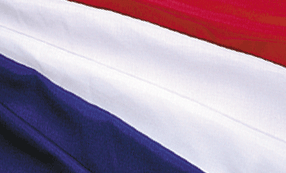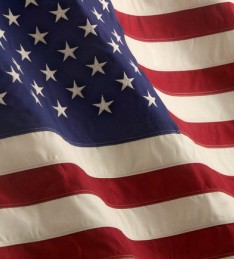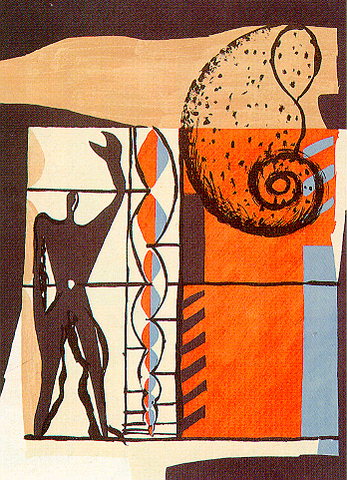

A SCHOLARLY PROJECT IN CONJUNCTION WITH THE DEPARTMENT OF COMPARATIVE LITERATURE
UNIVERSITY OF WASHINGTON, SEATTLE

| PHILOSOPHY ON FREEDOM |
|
Freedom concerns not only politicians who strive to employ its resonances for their advantage, but also writers and philosophers who pursue the ever shifting meaning of the word. Our intellectual environment in North America today is one of pivotal ambiguities, our influences polygenetic and our convictions eclectic. In this atmosphere, an anthology comprised of 20th century philosophical theories on the changing approaches to the concept of freedom seems timely. Especially considering particularly preposterous uses of the term “freedom,” uses that are suggested in order to boycott a country that has produced eminent thinkers who changed the course of intellectual history, the editors of this anthology chose to include only French theorists’ writings on freedom.
Having famously immortalized the word—liberté—as the capstone to their tri-part national maxim—liberté, egalité, fraternité—the French have traditionally embraced a common or unchallenged notion of the word. Yet this anthology, comprised of a variety of opinions, gives pause to the assuredness of such mental solidarity. A non-French reader may find no precise reflections of his own conception of freedom, but will surely find many hints of it, scattered and misplaced among multiple definitions.
With such a hodgepodge of thought we ask: who do we choose to read in the United States and why? While the names Jean-Paul Sartre, Jacques Lacan, Jacques Derrida, Gilles Deleuze and Michel Foucault, succinct and complementary in themselves, bear homage to the great cultural sway once commanded by France’s global empire of the 19th century, there are a number of perspectives here represented that are not found in graduate seminars in the United States. The fabulous isms of the late 20th Century still elicit our reverence and attention. Yet in the 21st Century, six years marked by disaster and division, uncomfortably an additional question arises: are the French with us or against us? Should the French matter at all?
The range of our selections aims to dim the lights on the main themes presented by major theorists in order to highlight a singular point of interest that every writer, however cynical or assured of the question he may be, must at some point address. While in the United States we often focus on the cynicism of French phenomenology and its marriage of convenience to linguistics, parallel narratives of development, sanity, salvation, and identity also exist in French intellectual history. Yet these concepts become secondary to the question of freedom. Selections from authors like Le Corbusier or Michel Henry reflect a practical and ethical approach to the problem. For others in this anthology, freedom is associated with violence, even deceit, as is the case for the French Marxist, Louis Althusser. Freedom may be imprisonment, an apple in the eye of the beholder, as for Foucault. Freedom may be a mere sign, a cough within the rumble of language, as it is for Ferdinand de Saussure and Claude Levi-Strauss. For others freedom is inevitable, God given, and wanting of guidance, as in the works of Tariq Said Ramadan.
Numerous strains of 20th Century French thought are unfortunately absent here. Although the influence of Alexandre Kojève may be found in the work of Jean Paul Sartre, or of Maurice Blanchot in Gilles Deleuze, the legacy of French Hegelianism appears hazy at best. The enormous importance of “The Three Hs”—Hegel, Heidegger, and Husserl—is implicit. The Orientalists, Nationalists, and Existentialists wander in the distant background. It is the material of the selections that assumes center stage, the performance, as billed: a long, uncertain monologue of a single word, speaking itself through the texts.
Brook Rosini and Nathaniel Greenberg
FREEDOM FRIES |
||

American Media Reception after September 11th |
||